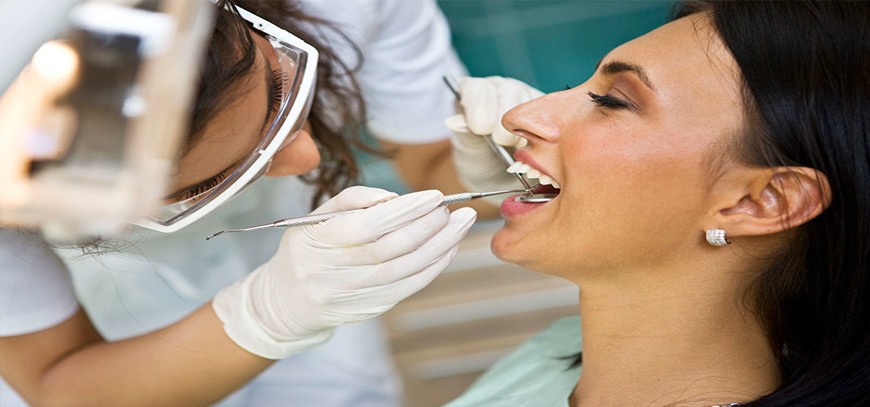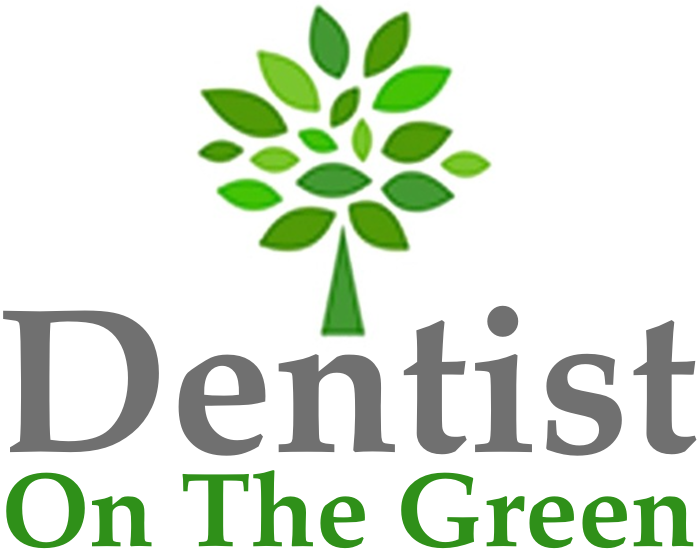Working Time
-
-
-
-
-
-
-
-
-
-
-
- Monday 09:00 – 18:00
- Tuesday 09:00 – 18:00
- Wednesday 09:00 – 18:00
- Thursday 08:00 – 17:00
- Friday 09:00 – 18:00
Saturday CLOSED
- Sunday CLOSED
-
-
-
-
-
-
-
-
-
-
Contact Info
Ask the Experts
Examamination and Dental Cleanings

Regular dental exams are a critical part of preventive health care.
During a dental exam, the dentist or hygienist will clean your teeth and check for cavities and gum disease. The exam includes evaluating your risk of developing other oral problems and checking your face, neck and mouth for abnormalities. A dental exam might also include dental X-rays (radiographs) or other diagnostic procedures.
Our dentist or hygienist will likely discuss your diet and oral hygiene habits and might demonstrate proper brushing and flossing techniques. Other topics might include lifestyle factors that can affect oral health and possible cosmetic improvements to your teeth.
Why it's done
Regular dental exams help protect not just your oral health, but also your overall health. For instance, signs and symptoms of some systemic diseases, such as rheumatoid arthritis, lupus and diabetes, might show up in the mouth first. If your hygienist or dentist finds indications of disease, he or she will suggest that you see your doctor.
Also, the exam gives our dentist a chance to provide tips on caring for your teeth and to detect oral health problems early — when they’re most treatable.
In a dental check-up appointment, we will examine your teeth, mouth and gums to ensure your mouth is healthy. It’s also a chance for them to find any problems you might have.
You should have regular check-ups and your dentist will advise you on how often this should be to best meet your individual needs. Your dentist will let you know during your appointment when you next need to come back.
At every check-up, our dentist will:
Examine your mouth, teeth, gums, cheeks and tongue.
Ask you questions about any problems or pain you’ve had since your last check-up.
Give you advice on things you can do to improve your oral health such as recommendations on your diet, how to brush, oral hygiene, etc…
Our dentist may also need to take X-rays of your mouth to check for any hidden problems such as decay and bone loss due to gum disease .
If you have a build-up of plaque, you may be referred to a hygienist to perform a scale and polish, or your dentist may do this straightaway if necessary. Sometimes, hygienist treatments are carried out in the same appointment as your check-up.
We will also check for any signs of mouth cancer or other general diseases that can affect the mouth at each dental check-up. If any further problems are identified, your dentist will recommend the next steps to take.
During your exam, our dentist will thoroughly examine your teeth and gums for signs of tooth decay, gum disease, and other health problems.
On the other hand during dental cleaning our hygienist will carefully clean your teeth with a variety of tools to remove any hard mineral buildup (tartar) from your teeth. Finally floss and use a polishing compound to polish and apply fluoride.
